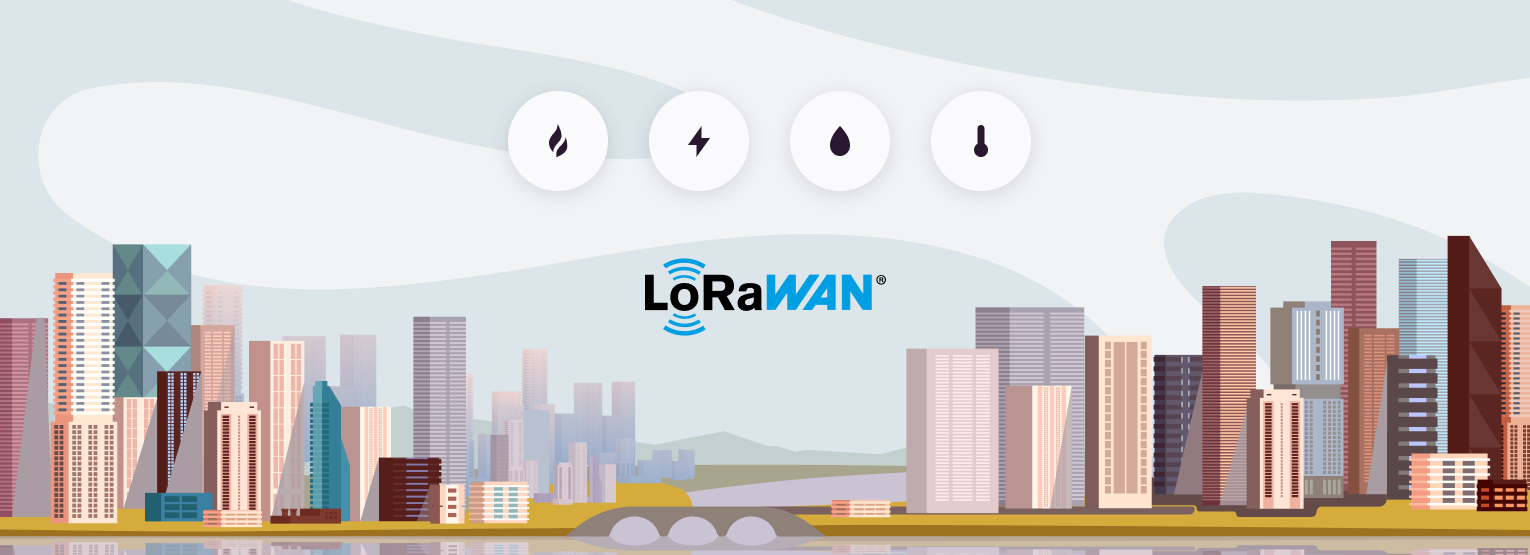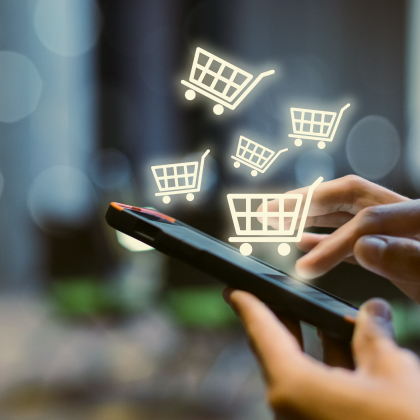The development of digital and Internet technologies has enabled the acceleration and optimization of many routine processes. Gas and water suppliers use these opportunities for convenient data metering.
What is smart resource metering
Almost to the end of the 20th century, only devices with mechanical drives were used for metering gas, water, heat and electricity consumption. Consumers recorded and sent their own readings, meaning that suppliers often received delayed or incorrect data due to human error. There were other problems as well:
- subscribers used various tricks to underestimate resource consumption data
- inspectors were reliant on users: if a consumer was not at home or did not give the inspector access to the meter, it was impossible to check the meter readings
- suppliers suffered losses due to undetected accidents and leaks
With the development of new technologies, the situation has changed; in the 1990s, digital meters were introduced and it also became possible to transmit data automatically over information networks. Metering devices became more accurate and sophisticated and new functions were added. Later, the Internet of Things (IoT) even allowed users and suppliers to control devices remotely.
All these innovations have offered completely new opportunities as smart devices automatically capture and transmit data, report accidents and other events, and many of the processes have become automated. The advantages of modern technologies are clear: you receive comfort, accuracy and economy.
Smart resource metering is being actively implemented in many parts of the world, including EU countries, China, Japan, USA, Canada, Mexico, Brazil, India and many others. Thus, according to the Market Monitoring Report for September 2023 prepared by ACER, by the end of 2022, the share of smart electricity meters in 13 countries exceeded 80% of the total number of metering devices. The table below provides the degree of smart metering integration and the opportunities that smart technologies offer to resource providers in these countries.

What is a smart grid
A smart grid is a set of devices, programmes, technologies and solutions that provide resource providers with a modern digital infrastructure, automated data metering and convenient data processing. IT-solutions are widely used in smart grids. Without such systems it would be impossible to create modern smart cities.
A smart grid includes the following components:
- end devices (smart meters or radio modules)
- gateways
- data network
- operator software
- smart sensors
The end devices, using digital interfaces, record meter readings, provide data conservation in internal memory and then transmit data to the gateways according to the schedule and settings. The end devices can include smart meters with built-in radio modules, as well as radio modules for water metering and radio modules for gas metering.
Gateways, or base stations, receive data from a number of end devices and transmit it over the network to the server.
The data network delivers the information to the server over wired or wireless communication channels by means of appropriate protocols. Low-Power Wide-Area Networks (LPWAN) are used to transmit meter readings.
The software allows the resource provider to receive data in a convenient format, as well as process and store readings.
Smart sensors can be installed wherever it is possible to automate the recording of events and the capturing of parameters or readings:
- leakage
- humidity and temperature
- filling of the container
- triggering of various sensors
- transmission of current geolocation
- transmission of measurement data
These devices send a signal to the resource provider if an accident or other extraordinary situation occurs, as stipulated by the sensor functionality.
Next, we will take a closer look at the second component of the solution – the LoRaWAN data network.
IoT-enabled LoRaWAN networks for utility distribution
LoRaWAN is a networking protocol that transmits small size payloads with a minimum amount of energy, allowing for the use of stand-alone power sources which do not require replacing for several years. Previously, this was impossible.
This method is based on LoRa technology – a modulation method where unlicensed frequency ranges are used for data transmission. At the same time, the signals have a high penetrating power, which means that LoRa technology can be used in densely built-up cities and even receive data from devices placed in the basement.
Technology LoRa and the LoRaWAN protocol provide two-way wireless communication protected by encryption. End devices transmit consumption data over the radio channel to gateways, the data then travels over the Internet to the server and becomes available to the providers of services.
Thus, LoRaWAN allows a network to be built with the following characteristics:
- high penetrating power through obstacles
- autonomy
- two-way radio communication
- high signal transmission range
- guaranteed data protection
- easy and inexpensive network scaling
All these characteristics help to build advanced smart gas and water metering networks.
How LoRaWAN networks are used in smart resource metering
LoRa technology enables the integration of smart grid solutions for efficient gas and water management quickly, easily and with minimal investment.
Low cost of network deployment. LoRaWAN networks have an advantage over the Internet in that they can be deployed in any area at relatively low cost – you just need to purchase and install the required number of base stations (gateways). To implement a similar task in the traditional way, it’s necessary to lay cables and install server and telecom equipment, meaning that gas and water suppliers will spend much more money.
High penetrating power through obstacles. Meters for individual consumers or for a whole building can be located in basements, multi-storey high-rise properties and large office centres. Signals in such locations encounter many physical obstacles (e.g. walls and ceilings) and are affected by radio interference. The high penetrating power of LoRaWAN frequencies means that the impact of these factors on signal propagation is minimized. As a result, LoRaWAN-based networks can be used in big cities and densely built-up areas.
Two-way communication. Some metering devices are equipped with additional features that allow service providers to interact with them remotely, for example, to configure the frequency of data transmission. In such situations, the smart device must be capable of not only transmitting a signal, but also receiving it. The two-way communication of the LoRaWAN protocol can make that possible.
Energy efficiency. Smart devices using the LoRaWAN protocol do not transmit data constantly, instead they send data at a certain time interval according to the settings. In addition, data on a LoRaWAN network is transmitted at low speed to save battery power. Thus, wireless smart metering devices can operate autonomously for several years. For example, Jooby radio modules for gas and water metering can last up to 15 years (depending on the data transmission frequency settings) without having to replace the battery.
Coverage. The LoRaWAN network provides data transmission within a range of 15 km from the gateway in open areas and over a distance of 5 km in urban environments. It’s also easy to increase the capacity of the network – just increase the number of gateways based on the cellular network principle.
Reliability. The solution guarantees secure data transmission as it is protected by encryption.
The advantages of automated gas and water metering
By implementing smart data metering, water and gas suppliers not only provide subscribers with a convenient transmission system, but also gain the following advantages:
- timely receipt of accurate data
- simple and convenient analytics
- ability to track accidents, unauthorized impact on metering devices and possible theft of resources
- reduced customer service costs – inspectors no longer needed
- efficient collection of payment
Remote metering solutions can also be used by condominium associations, management companies, municipalities, real-estate developers and Internet providers. Using Jooby products and solutions, our team has helped to organize remote metering for a number of residential complexes and for the gas supply company Poltavagaz.
The use of smart resource metering allows suppliers to carry out the modernization of infrastructure, ensure accurate, timely and convenient meter reading and implement reliable data management. Smart resource metering also enables suppliers to be successful in reducing energy consumption in water and gas supply. With LoRaWAN, network scaling does not require a large investment and is a far cheaper alternative to using the Internet.



